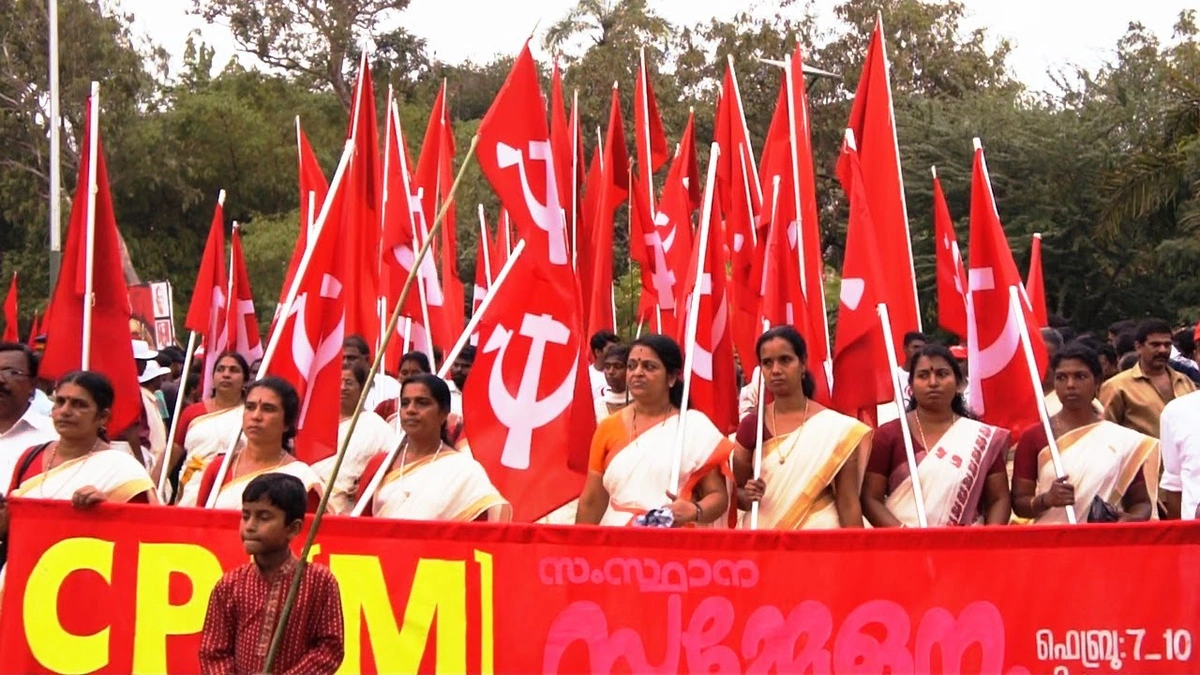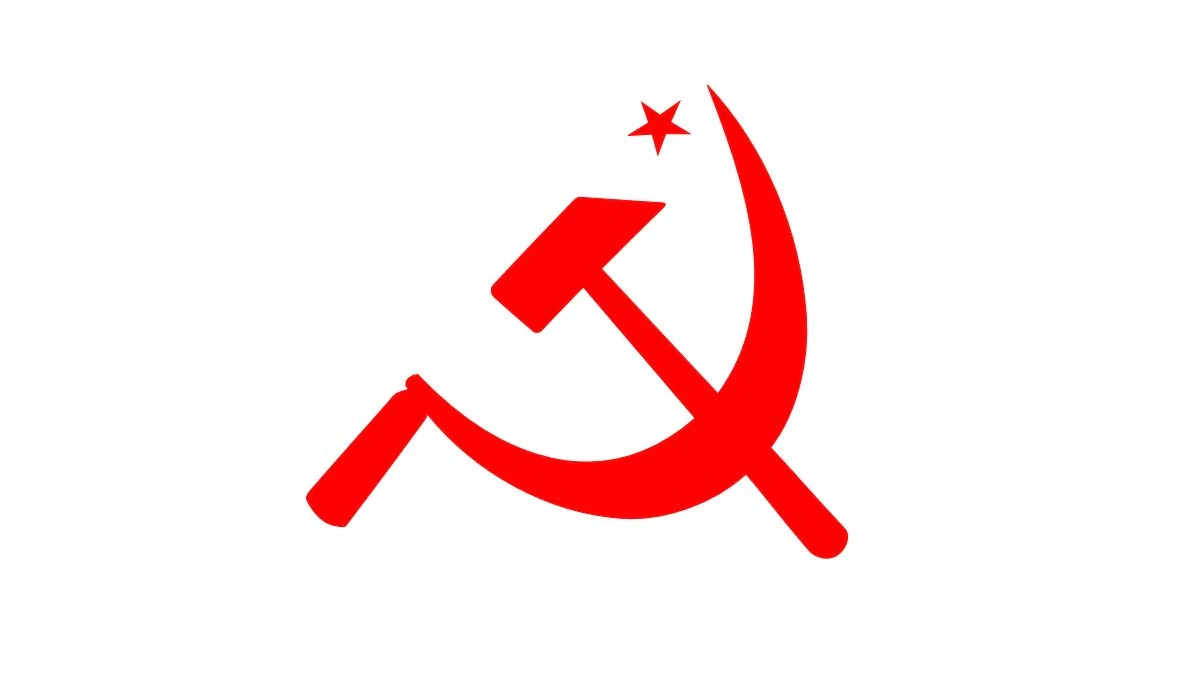Bengal’s political pot is always on the boil, isn’t it? And this time, it’s the CPI-M, or Communist Party of India (Marxist) , stirring the cauldron. They’re not happy, not one bit, with what they see as blatant bias from some Block Development Officers (BDOs) tilting the field in favor of the ruling Trinamool Congress. It’s a serious allegation, and it’s got the CPI-M demanding the Election Commission step in and do something about it.
But, here’s the thing: it’s not just about this one incident. It’s about the deep-seated mistrust and accusations of unfair practices that seem to bubble up every election cycle in Bengal. So, let’s dive into why this CPI-M action matters, what it signals about the state of Bengal politics, and what the Election Commission might actually do.
Why This Matters | The Credibility of Elections

At its heart, this is about the very foundation of our democracy: free and fair elections. When a major political party like the CPI-M raises concerns about the impartiality of government officials, it casts a shadow of doubt over the entire electoral process. It makes you wonder, doesn’t it, if everyone’s playing by the same rules?
And let’s be honest, these aren’t just whispers in the wind. The CPI-M is alleging direct support from BDOs to the Trinamool, which, if true, would be a massive breach of conduct. Block Development Officers are supposed to be neutral arbiters, ensuring that government schemes are implemented fairly and that no political party gains an undue advantage. When that trust is broken, it erodes public confidence in the system itself.
Think about it this way: if the referee in a football match is openly cheering for one team, would you consider the game to be fair? Of course not! The same principle applies here. A biased administration can influence everything from voter registration to the enforcement of election rules.
The CPI-M’s Playbook | Raising the Stakes
So, what’s the CPI-M hoping to achieve by taking this to the Election Commission? Well, several things. First and foremost, they want to put pressure on the EC to investigate these allegations thoroughly. They want names named, evidence examined, and accountability enforced. But, it’s also a strategic move to rally their own supporters and galvanize public opinion.
Let me rephrase that for clarity: The alleged Trinamool support from the BDO’s, if proven true, would tarnish their image. The CPI-M wants to shine a light on what they see as corruption and abuse of power, hoping to sway voters who might be on the fence. It’s a classic case of political maneuvering, using the system to expose perceived wrongdoings and gain an edge.
The CPI-M likely hopes that by highlighting these issues, they can create an environment where voters feel empowered to demand change. If people believe that the system is rigged, they might be more motivated to cast their ballots against the status quo. It is a pivotal moment to ensure election integrity .
The Election Commission | Caught in the Middle?
Now, let’s talk about the Election Commission itself. They’re in a tough spot. On one hand, they have a duty to investigate any credible allegations of electoral misconduct. On the other hand, they need to maintain their own credibility as an impartial body. Any perceived bias or inaction could further erode public trust. The EC has to address the CPI-M’s concerns .
What fascinates me is how the Election Commission will respond. Will they launch a full-scale inquiry, or will they downplay the allegations as politically motivated? Their decision will have significant implications for the upcoming elections and the overall perception of fairness.
According to the official Election Commission of India website , the EC is committed to ensuring free and fair elections. It remains to be seen how this commitment translates into action in this particular case.
Bengal’s Political Landscape | A History of Mistrust
To really understand what’s going on here, you need to know a bit about Bengal’s political history. For decades, the state has been characterized by intense political rivalries and accusations of electoral malpractices. From the days of Congress dominance to the long reign of the Left Front and now the Trinamool era, allegations of rigging, voter intimidation, and biased administration have been a recurring theme.
Here’s the thing: This history of mistrust makes it harder to dismiss the CPI-M’s allegations as mere political grandstanding. It creates a context in which people are more likely to believe that something fishy is going on. I initially thought this was straightforward, but then I realized that Bengal’s political narrative is interwoven with claims of foul play. The concerns extend to election malpractices .
In fact, the CPI-M themselves faced similar accusations during their long rule. The cycle of allegations and counter-allegations seems to be an unfortunate part of Bengal’s political culture.
What Happens Next? The Waiting Game
So, what’s the takeaway here? Well, the CPI-M has thrown down the gauntlet, and the Election Commission is now under pressure to respond. The coming weeks will be crucial in determining whether these allegations are taken seriously and whether any concrete action is taken. One thing you absolutely must remember is that the future of Bengal’s political landscape hinges on maintaining fair election practices . Internal Link 1
The outcome of this saga will not only affect the immediate elections but also shape the broader narrative about democracy and accountability in Bengal. It’s a story worth watching closely, because it speaks to the challenges of ensuring free and fair elections in a highly polarized political environment.
What fascinates me is the potential impact on voter turnout. If voters believe the system is rigged, will they be discouraged from participating, or will they be more motivated to make their voices heard? Only time will tell.
But, ultimately, this isn’t just about the CPI-M, the Trinamool, or the Election Commission. It’s about the people of Bengal and their right to choose their leaders in a fair and transparent manner. Internal Link 2
FAQ Section
Frequently Asked Questions
What exactly is the CPI-M alleging?
The CPI-M is alleging that certain Block Development Officers (BDOs) are actively supporting the Trinamool Congress, the ruling party in Bengal, thereby compromising the fairness of the electoral process.
What powers does the Election Commission have in this situation?
The Election Commission has the power to investigate these allegations, transfer or suspend officials found to be biased, and take other measures to ensure free and fair elections.
What if I suspect electoral misconduct in my area?
You can report any suspected electoral misconduct to the Election Commission through their official channels, providing as much evidence as possible.
Could this situation affect the upcoming elections?
Potentially, yes. If the allegations are proven true and not addressed adequately, it could erode public trust in the electoral process and potentially affect voter turnout.
Where can I find reliable information about the Election Commission’s actions?
The official Election Commission of India website ( eci.gov.in ) is the best source for accurate and up-to-date information.





